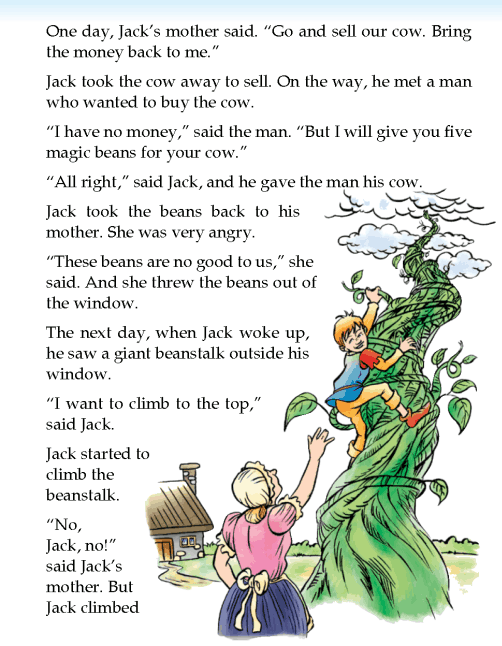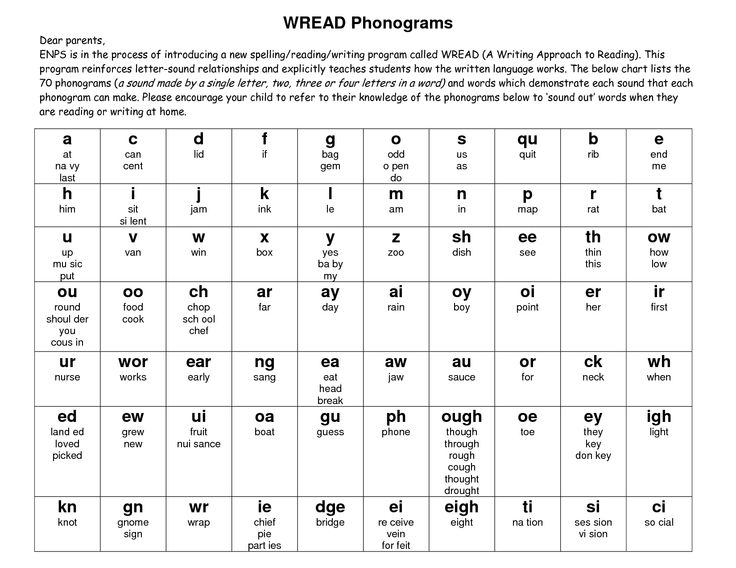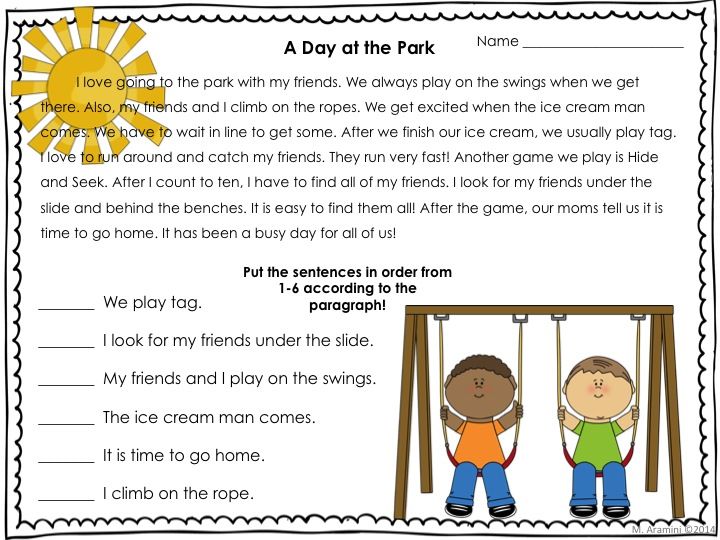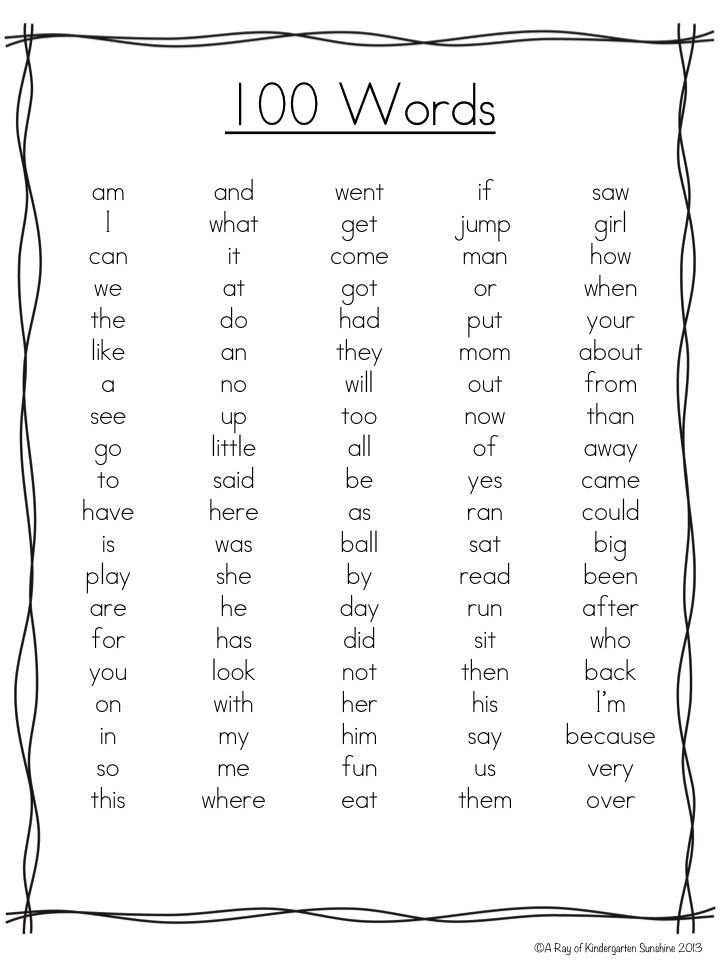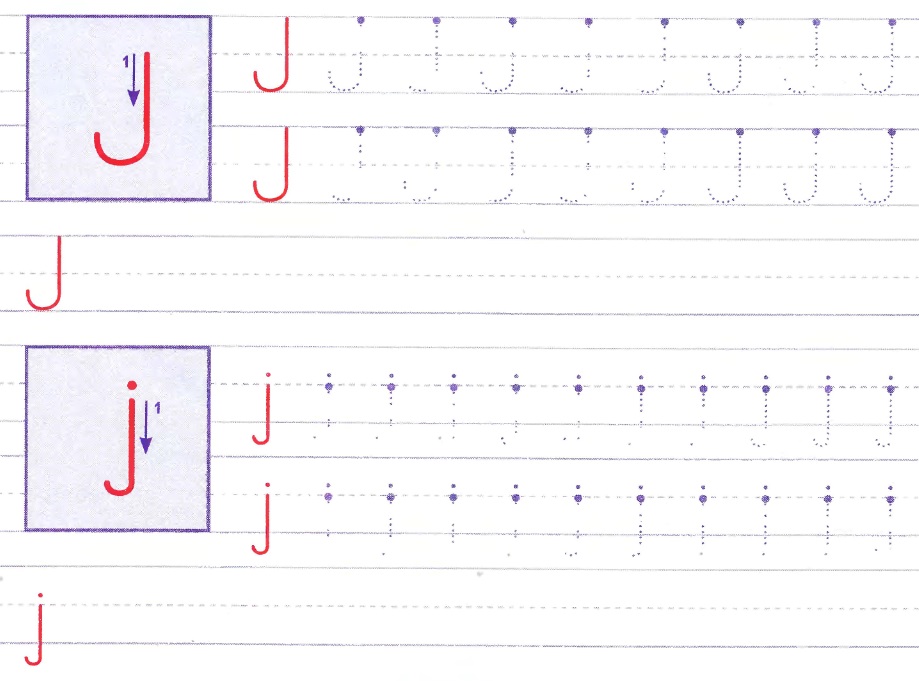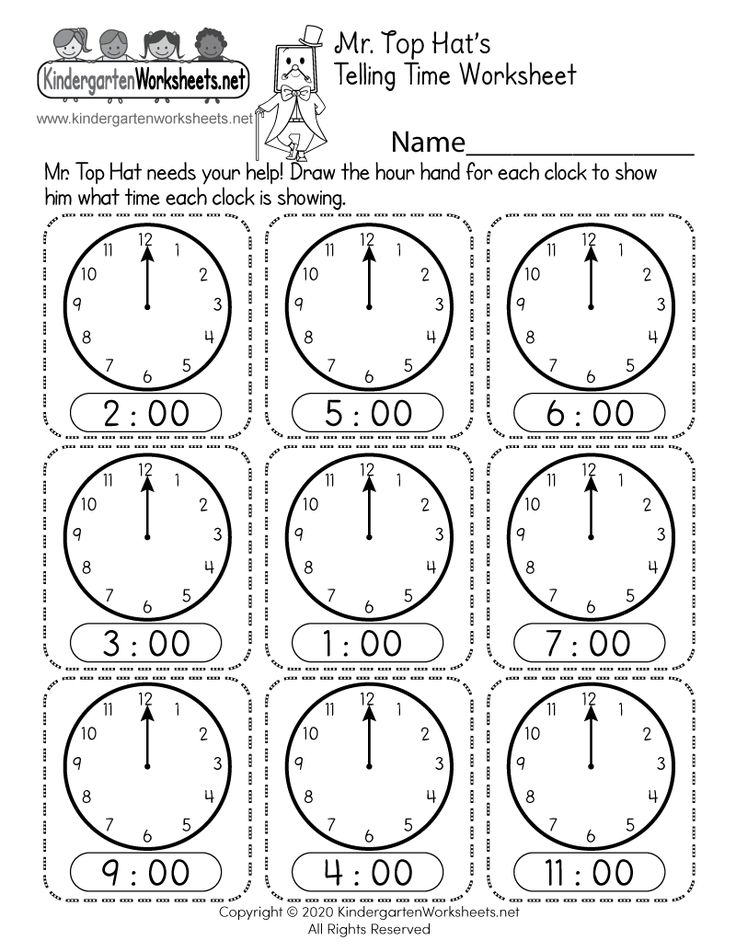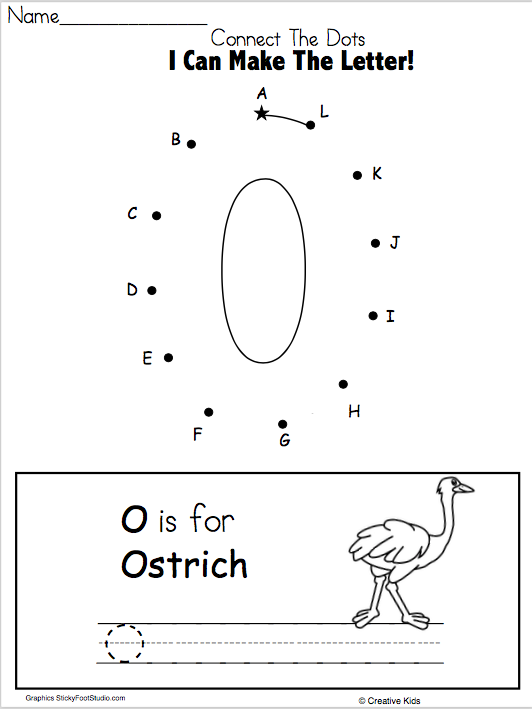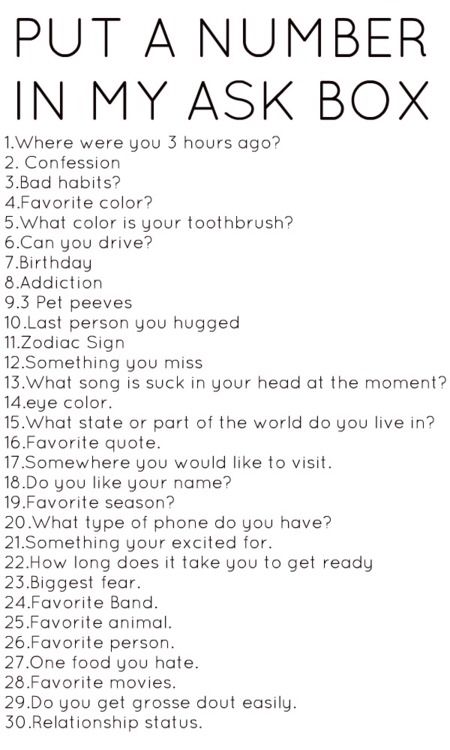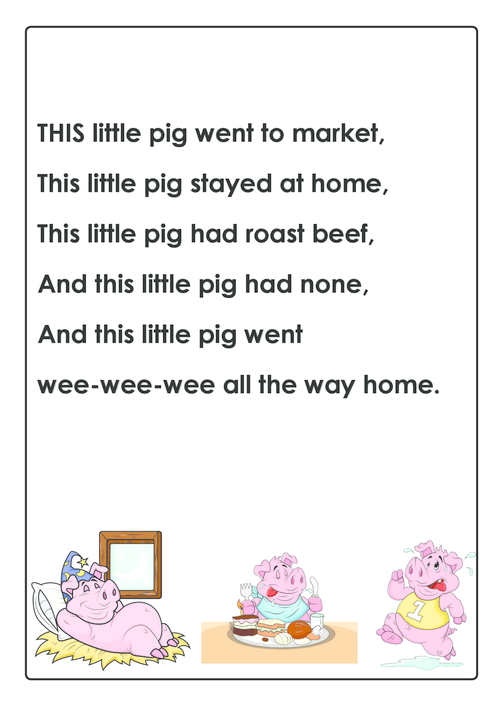Inventive spelling letter to parents
Invented Spelling: Filling in the Blanks for Parents
November 28, 2017 | English Language Arts
Whether you call it invented spelling, inventive spelling, or kid spelling, if you’re an early elementary school teacher, you’ve probably become an expert at decoding it. But parents who are unfamiliar with the process may be confused when writing samples come home riddled with “misspellings” and are quite difficult to read. They may start to worry that their child is struggling with spelling when, in fact, he is making appropriate progress.
You can help parents understand the concept of invented spelling by sharing these three points when they raise questions about their child’s spelling abilities.
Invented spelling is just a step in the process
Young independent writers who are just starting with formal spelling and phonics instruction rely heavily on invented spelling. They usually begin by writing the letters that represent the first and final sounds in a word. With more practice, they gradually begin to include middle sounds by adding vowels and additional consonants.
As your child progresses further through spelling development, he acquires a better understanding of the word structure and how to apply prefixes and suffixes, silent consonants, and alternative/irregular spellings.
Invented spelling is not sloppy spelling.
Sloppy and rushed work means students are continually misspelling words they already know. But, through invented spelling, children are demonstrating their grasp of letter sounds and early phonetic awareness. A recent study showed that kindergarten students who relied heavily on invented spelling showed stronger literacy skills a year later.
Your child is not doomed to be a bad speller.
Your child may struggle with spelling now because he hasn’t had enough exposure to reading and writing to fully develop his spelling skills. But even students who are heavy readers can still struggle with spelling because their visual memories can’t always recall what a word should look like.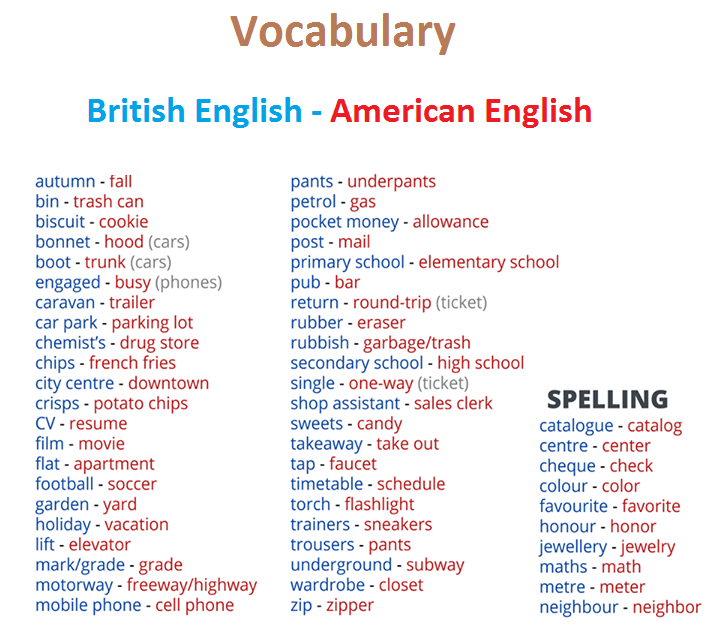 With continued practice, both in the classroom and at home, young children can overcome these spelling struggles.
With continued practice, both in the classroom and at home, young children can overcome these spelling struggles.
Continue to stress to parents the correlation between reading and writing at home and successful spelling. The more a child sees a word in print or writes it on his own, the more likely he is to spell it correctly. Also, encourage parents to help their child sound out words and help him spell words properly when he is struggling.
In the classroom, keep your lessons for phonics and phonemic awareness going strong. Focused instruction and practice can get students on their way to conventional spelling.
Check out these tools to support parents in the home and to reinforce your phonics teaching in the classroom:
When a Child Writes…Through children’s writing samples, parents will be able to understand their child’s developmental writing stages, including invented spelling. They’ll learn many valuable tips and strategies to support young writers.
These phonics assessments are quick checks to help you determine areas of weakness and subsequent growth for each student.
Chall-Popp PhonicsMotivational, research-based workbooks take a systematic approach to direct phonics instruction. Step-by-step lessons help students work through advancing levels of phonemic awareness and sound-letter knowledge. As skills are mastered, students lessen their dependence on invented spelling.
Picture DictionaryUsing visual support for common vocabulary words can help students expand their word knowledge and advance to conventional spelling. This resource is especially helpful for English Learners (ELs).
Picture Dictionary
Expand word knowledge using visual representations of 750 common vocabulary words. Editions in English and English-Spanish are available.
View Product →
Contents:
Invented spelling do's and don'ts
This post contains affiliate links.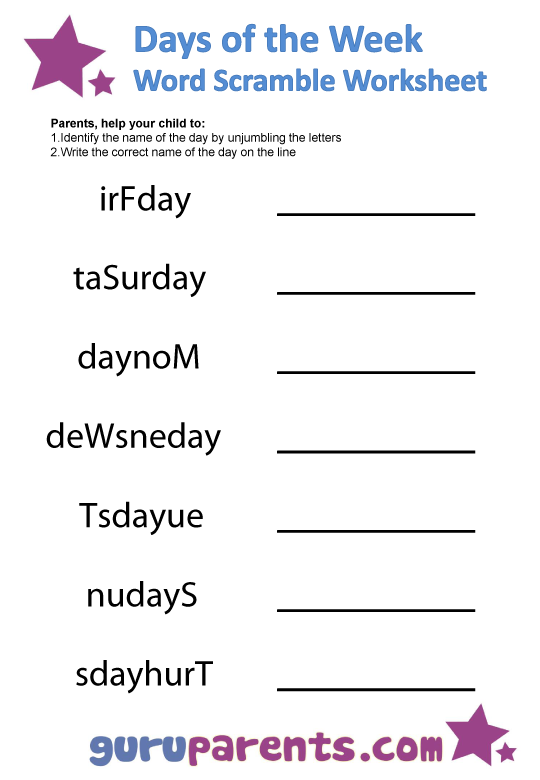 As an Amazon Associate I earn from qualifying purchases.
As an Amazon Associate I earn from qualifying purchases.
What do you know about invented spelling? I find that it’s a concept which is often misunderstood. To help clear up the confusion I’m sharing invented spelling guidelines for parents.
(This post contains affiliate links. Click here to see my full disclosure policy.)
Welcome to Lesson 8 in the Preschool & Kindergarten Writing Lesson series from This Reading Mama and me! So far we’ve shared a variety of tips to help you teach your young writers at home or in the classroom. One thing we’ve emphasized is that all children learn to write at their own pace and level of development.
This is most evident when we look at children’s spelling.
Here’s a drawing by my almost-four-yearold. Can you decipher his writing? It says “octopus.” Clearly my almost-Four “invented” his own spelling. And even thought I’m a grammar nerd* who thinks that being a copy editor is a dream job, I’m thrilled with what he was able to do on his own.
(*Fellow grammar nerds, you might appreciate how I agonized over the spelling of “do’s and don’ts” in this post. Even though what I went with is technically grammatically incorrect (do’s should be dos), it looks right and makes the pronunciation evident. So I’m sticking to it.)
Invented spelling (sometimes called phonetic spelling) is when children spell words the best they can using their phonics knowledge. As children grow as readers and writers, their invented spelling looks begins to look more like conventional spelling, until it disappears altogether.
How can we help our children make the most of invented spelling while also guiding them on the path to conventional spelling? Read on.
The Don’ts of Invented Spelling
1. Don’t expect all early writers to be capable of the same thing when they are the same age. When our children start to talk, we don’t expect perfection. “I are hungry” isn’t cause for concern; it’s a reason to celebrate that our children are experimenting with language.
When they learn to read, some children will grasp the concept of “sounding it out” when they’re preschoolers. Other children might be in first grade.
Kids learn to spell at different stages too. It’s important to understand what those stages are so we can celebrate what our children are able to do. To learn more about the spelling stages, visit this post.
2. Don’t view invented spelling as a crutch. It’s actually very valuable for early writers! When children have to stretch out words and hear every sound, they’re exercising their phonics knowledge. Reading back their writing is a phonics exercise, too!
3. Don’t avoid invented spelling by giving every spelling that your child asks for. Do you have a child who doesn’t want to invent spellings? A child who’s such a perfectionist that he won’t write a word unless he can spell it correctly? Believe me, I understand. My Five (not yet in kindergarten) is one of those kids. It’s temping to avoid the battle and give our children the spellings they want.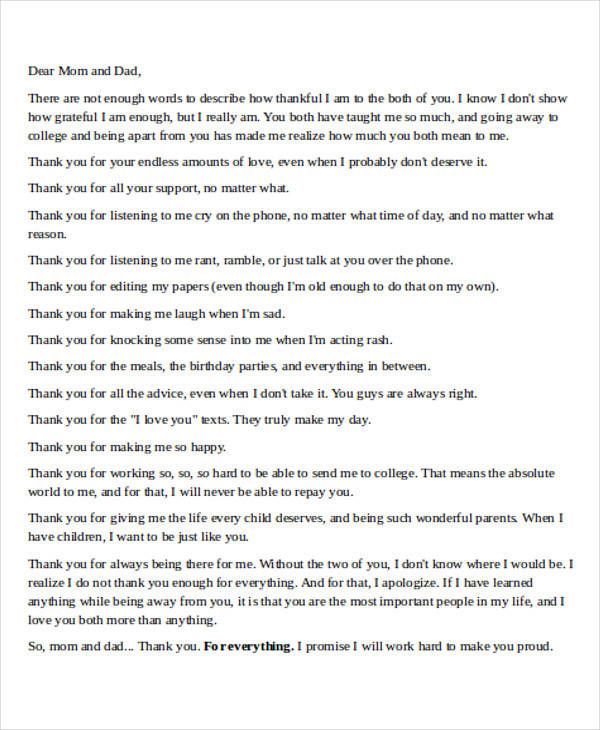 But by doing that we’re crippling them. How will they ever have the confidence to spell when we’re not around?
But by doing that we’re crippling them. How will they ever have the confidence to spell when we’re not around?
When my Five was writing this page, he wanted to spell the word “cake.” I wanted him to puzzle it out for himself. Even though he’s a very good reader, I suspected that he did not understand the vowel-consonant-e spelling pattern. He needed to work this out himself. When I said I wouldn’t give him the spelling, he cried. He didn’t want to keep working.
I finally convinced him to give it a go. “If you write the word your own way, I will show you how to spell it when you’re done. But remember that your writing notebook is a record of what you’ve learned, so we won’t go back and change it.”
When my sister taught kindergarten, if a child asked her if his spelling was correct she’d say, “That spelling is right for today.”
4. Don’t allow careless spelling. In my experience, some parents and teachers misunderstand invented spelling.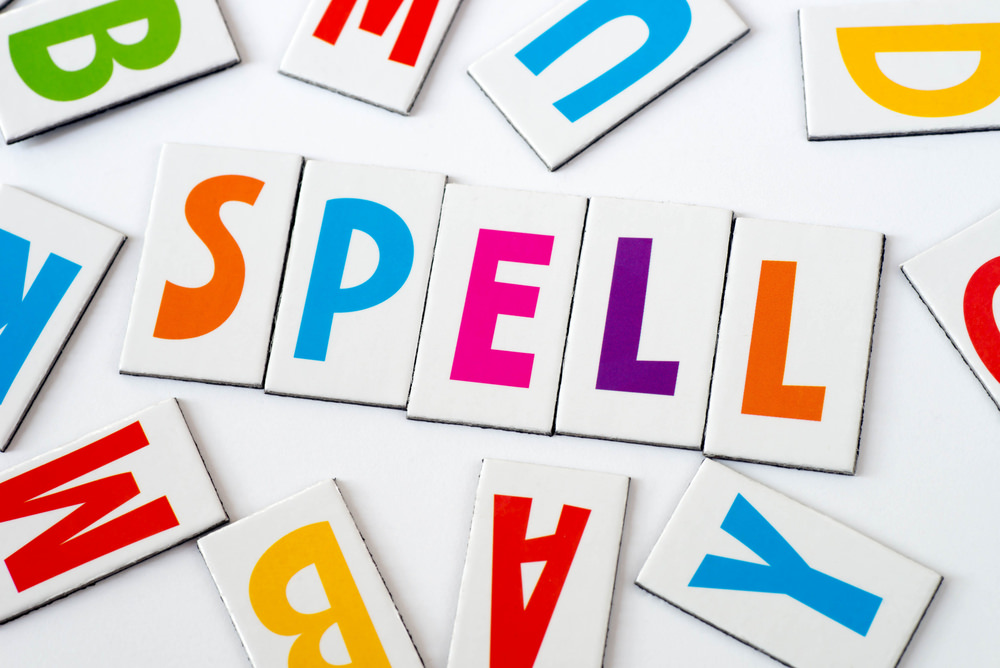 They think that a rough draft is a “sloppy copy” in which children can throw spelling and grammar out the window because they are just “getting their ideas onto paper.” I disagree.
They think that a rough draft is a “sloppy copy” in which children can throw spelling and grammar out the window because they are just “getting their ideas onto paper.” I disagree.
Children should be held accountable for what they know. For very young children, that may mean writing an E that takes up part of the paper and not the whole thing. Eventually it may mean writing the E correctly and not backward. For my Four, it means writing “the” correctly, because this is a word he’s known a long time. I can expect my Five to leave spaces between words and to spell CVC (as in hat) correctly all the time. For older children with spelling lists, we can expect them to spell those words correctly after they’ve learned them.
5. Don’t leave all the writing and spelling instruction to your child’s teacher. I know it can be hard to find time to write at home, particularly if your child attends school, but if we leave it all to the teacher, how will we know what our children are capable of? By writing at least a few times a week with your child, you’ll know what he can do and what to expect.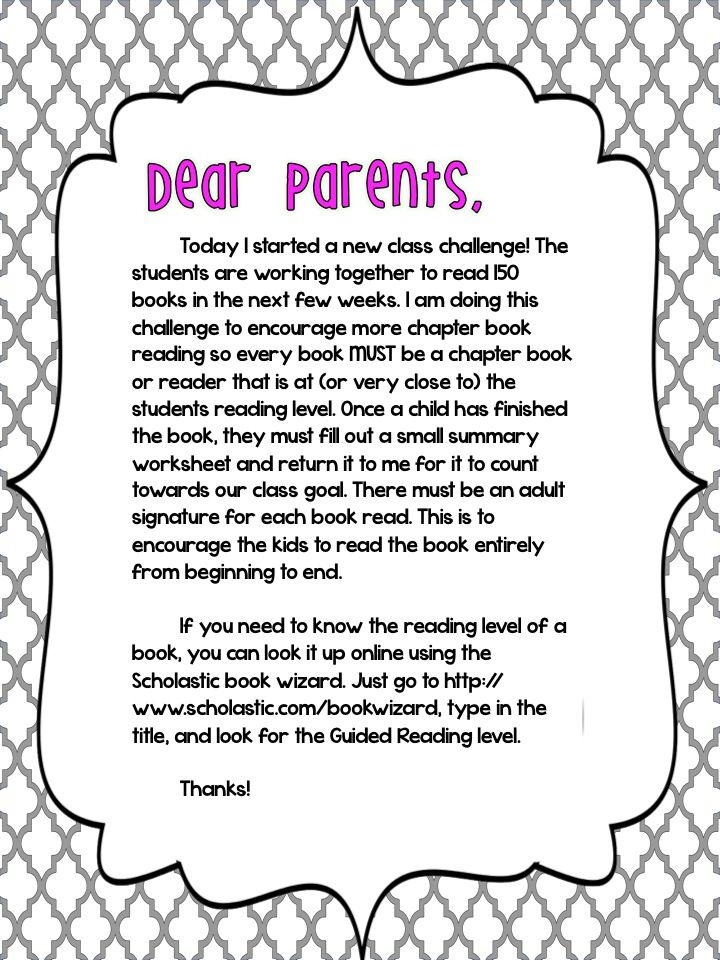 Check out my post about how to motivate kids to write at home if you’re ready to get started.
Check out my post about how to motivate kids to write at home if you’re ready to get started.
The Do’s of Invented Spelling
1. Do remember that early writing looks different for every child. I know I said this already, but it’s so important. Early spellers may use just a single letter for words. Gradually they’ll add ending sounds. Eventually they’ll add the middle. We want to recognize and celebrate where our children are at developmentally. Check out my post about teaching tips for the early stages of writing.
2. Do encourage children to write words they can’t spell. My Four drew a picture of Pete the Cat. When I asked him about it, he told me that Pete was on the beach.
“Great! You can write ‘on the beach.'”
“I don’t know how to write it.”
“You can do it! I’ll help you write the sounds you hear.”
3. Do give hints to help. For the very earliest writers, help them listen for the sound at the beginning of the word and write the correct letter. Later you’ll be able to streeeetch out the word with them and help them write the sounds they hear. (A rubber band is a great visual for this.)
Later you’ll be able to streeeetch out the word with them and help them write the sounds they hear. (A rubber band is a great visual for this.)
When my Five was writing a thank you note, he didn’t know how to spell “dear.” Since this was a word he’d be using a lot, I wanted him to be able to spell it correctly. But I didn’t want to just hand him the spelling. So I asked if he could spell the word “ear.” I helped him spell “ear” and showed him how he could make the word “dear” using that spelling.
When is it okay to just give a spelling? Here’s the question I ask myself: “Will giving the spelling help my child for the future?” If my Five asks how to spell the number word “two,” I’ll tell him. I know he’ll remember it, and it’s an important word to know. If he asks how to spell “alligator,” I’ll ask him to streeetch out the word and write the sounds he hears. He’ll learn much more from puzzling that word out than from me handing the spelling to him.
6. Do provide resources to help your child spell.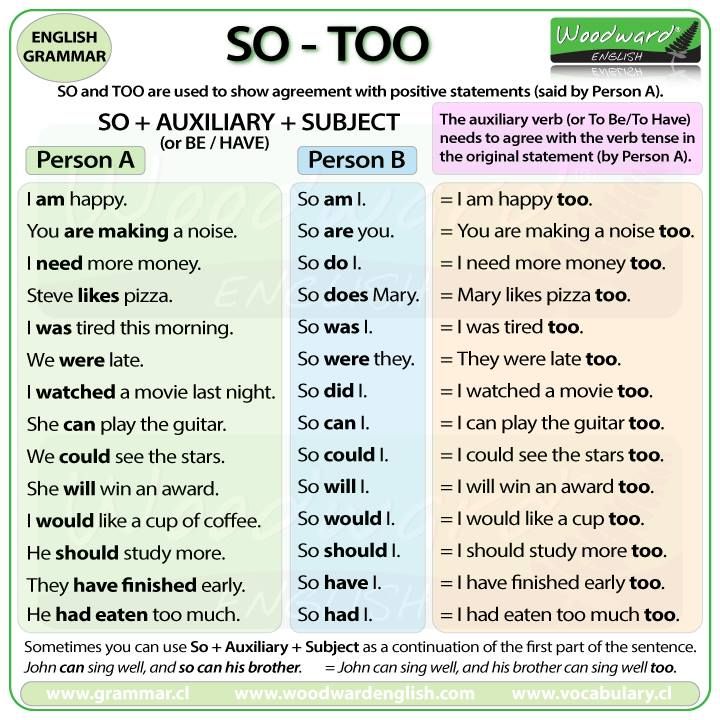
I love to provide charts that my kids can use to help them with spelling. Your youngest writer will benefit from an alphabet sound chart. I created one with capital letters, because the very earliest writers typically write with just capital letters. You can get this useful, simple chart by clicking HERE.
Older writers will benefit from the second beginning sound chart in the picture. It can be found in the appendix of This Reading Mama’s fabulous e-book, Teaching Kids to Spell. The other two charts can also be found in the appendix.
Be sure to check out the rest of the posts in our Preschool & Kindergarten Writing Lessons series!
Free Spelling Games
Get this fun variety of sample spelling games from the membership site! The download includes resources for spelling CVCE words, long vowel teams, and multi-syllable words.
90,000 Parents about the violation of the letter | MKU DPO "GTsOiZ "Master" But if for an adult writing is a highly automated skill, then for a student it is a complex process that is formed consciously in the learning process.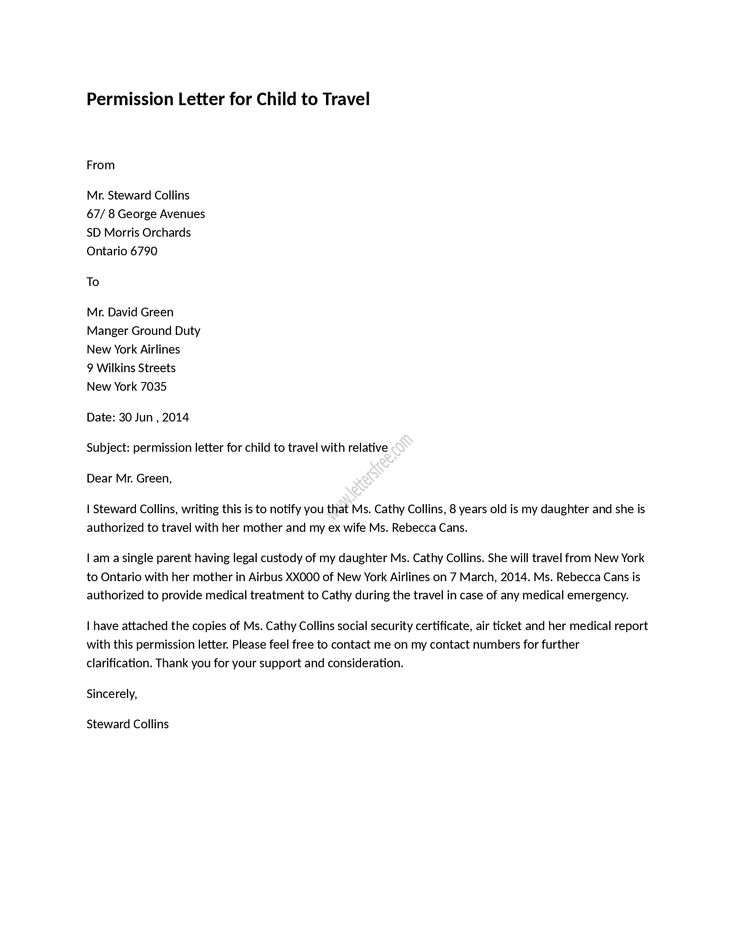
The letter consists of a chain of successive actions. To write a word, the child must determine its sound structure, the sequence and place of each sound, correlate the selected sound with a certain image of the letter, reproduce the letter with the help of hand movements. In order to write a sentence, it is necessary to mentally build it, speak it, maintain the desired order of writing, break the sentence into its constituent words, and mark the boundaries of each word.
Some children have great difficulty learning these skills. Children, knowing the alphabet, find it difficult to compose a word from letters or make mistakes when writing it (omission, replacement of letters, designation of softness of consonants, writing prepositions with words together; separate spelling of words, etc.).
Parents are not always able to explain why their children make mistakes. Many people think that this is inattention and, trying to correct mistakes, they begin to work intensively with the child on writing from dictation.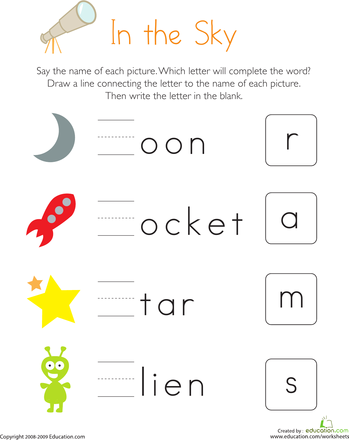 The child develops a negative attitude towards writing. To avoid this, it is necessary to analyze the child's mistakes.
The child develops a negative attitude towards writing. To avoid this, it is necessary to analyze the child's mistakes.
Mistakes such as omission of vowels, permutation of letters, additions of letters, omissions, additions, permutations of syllables, merged spelling of words, separate spelling of words, merged spelling of prepositions with other words, separate spelling of prefixes and roots arise due to difficulty in dividing sentences into words , words into syllables, sounds. Replacement of letters denoting whistling and hissing, voiced and deaf, hard and soft u, o-y e-i) are observed due to a violation of differentiation, recognition of close speech sounds. Sometimes the writing reflects a faulty pronunciation. The reason for the occurrence of substitutions and distortions in the writing of graphically similar handwritten letters (i-sh, p-t, t-sh, v-d, b-d, l-m, e-s, etc.) is the lack of formation of visual-spatial representations. The underdevelopment of the grammatical structure of speech in writing is manifested in a change in case endings, incorrect use of prepositions, gender, number, omissions of sentence members, violations of the sequence of words in a sentence, etc.
If there are any of the constantly recurring specific mistakes in the child's work, then we can talk about a violation of writing (dysgraphia), which is a serious obstacle in the acquisition of literacy by students at the initial stages and mastering the grammar of the native language at later stages.
In this case, it is necessary to contact a school teacher-speech therapist. In addition to the work of a speech therapist to correct dysgraphia, parents should also be active in helping to overcome speech therapy errors in writing in their children.
What should parents do?
- Pay attention to hygienic rules for writing (correct posture when writing, holding the pen correctly, tilting the notebook).
- When choosing stationery, choose pens or pencils with ribbed or pimpled finishes. Massaging the pads of the fingers is important for the proper functioning of the brain when writing.
- The main task in handwriting correction will be writing small texts in a notebook in a cell, where each letter is written in a separate cell.
 Small handwriting is more difficult to correct than large and uneven.
Small handwriting is more difficult to correct than large and uneven. - If the school asks you to write long texts, break it up into parts and write it down, pronouncing each word.
- When copying, it is necessary to teach the child as early as possible to memorize the syllable, not the letter, since the syllable is the main unit in reading and writing.
- Every day write short dictations with a pencil, but do not correct mistakes, but mark the words in which they are made. The child will be able not to cross out, but to find and erase his mistakes, write correctly.
- Be sure to teach your child to pronounce the words when writing, first out loud, then in a whisper, a hidden inner voice. If pronunciation is prohibited, the writing becomes worse, the number of errors associated with missing letters increases. When pronouncing a word by syllables, the student's visual and auditory channels of perception are included in the work.
- Use surfaces around the house to display posters and signs to help your child remember the correct spelling of words.

- Praise your child for every success.
- Evaluate the child's work, not the child.
What not to do?
- Do not force your child to read large texts, write large dictations with him.
- Don't try to speed up your reading.
- Do not make homework rewritten many times, this will not only increase the number of mistakes, but also instill uncertainty in the child.
- Exclude jobs of type "Fix the bug". Teach them not to make mistakes, but do not offer to correct them.
- If you decide to teach your child to write without errors, then do not pay attention to ugly handwriting. Don't try to fix all bugs at the same time.
- Do not get irritated, do not scold, and even more so, do not punish the child if he makes a mistake.
- Do not praise without reason.
We must not forget that a child should only hear competent speech in the family, see books in the hands of parents, feel your love and care. The child needs help, and if he persistently studies under your guidance, he will be able to master reading and writing. Good luck!
The child needs help, and if he persistently studies under your guidance, he will be able to master reading and writing. Good luck!
Teacher-speech therapist TPMPC
I.V. Lavrekha
Master class / 2 pages
Sort: novelties, topics Class: any Preschoolers Grade 1 Grade 3 Grade 4 Grade 5 Grade 6 Grade 7 Grade 8 Grade 9 Grade 10 Grade 11
In Search of the Fifth Element 2019
Author: Abramova Lyudmila Nikolaevna
Purpose: to develop the cognitive activity of older preschool children in the process of children's play with experimentation (observation, the ability to compare, analyze, generalize).
preschoolers, friendship
As part of the club day, the musical and game program "Journey to the country of Musicland" 2019
Author: Knyazeva Natalya Alekseevna
Purpose: to unleash the creative potential of children. Tasks: to provide pupils with the opportunity to express themselves creatively; to promote the unity of pupils in the team through joint creativity; creating a festive atmosphere.
Tasks: to provide pupils with the opportunity to express themselves creatively; to promote the unity of pupils in the team through joint creativity; creating a festive atmosphere.
Introductory lesson "Russian language" Why do I need to learn a language? 10th grade 2019
Author: Snigireva Nina Nikolaevna
Presented an introductory lesson on the Russian language in the 10th grade.
language Behavior, language
Looking into the past - thinking about the future.
 .. Art as a spiritual experience of generations 2018
.. Art as a spiritual experience of generations 2018 Author: Chagarovsky Oleg Anatolyevich
Our moral obligation is the need to reach a mature understanding of things. We must determine our attitudes to all important issues. Society gives us the right to do so and blames us if we are unable to use this right. Understanding and awareness of our responsibility in the movement and development of our kind... What do we expect from a music lesson? Here we learn to listen - to hear - to reflect - to draw conclusions.
Great Britain 2022
The authors: Kanukova Maria Stanislavovna, Cheldieva Irina Khadzhumarovna
Lesson objectives: to study the political and economic situation of Great Britain at the turn of the XIX-XX centuries; the formation of learning skills at the "Speaking" stage within the framework of the USE format.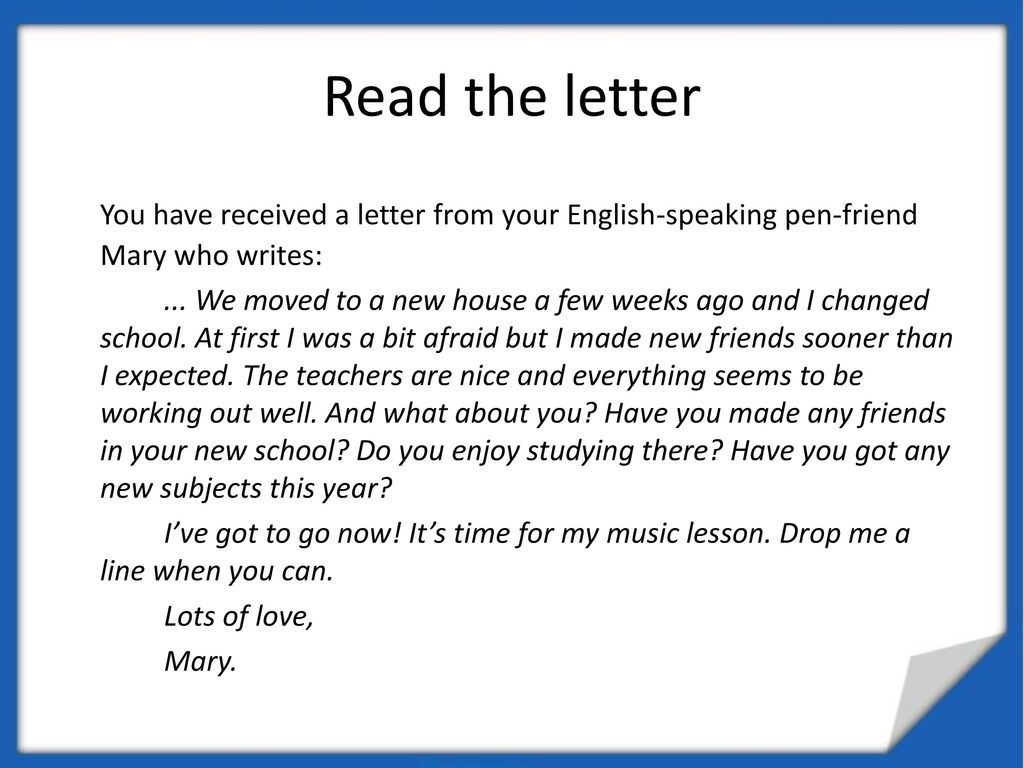
English
“I believe - I don’t believe”, or How to prepare a self-presentation for the competition “Health Teacher” 2019
Author: Shushakov Maxim Andreevich
The competition "Teacher of Health in Russia" has been held for 10 years in a row, where teachers from all subjects of the Russian Federation take part in all subjects. The competition consists of three stages: firstly, a competitive lesson or lesson in any subject. Secondly, self-presentation on the topic “I am a health teacher”, where the contestants must present their teaching experience in the framework of health-saving and health-creating activities. Thirdly, creative improvisation, which involves 10 finalists selected after the first two competitive tests.
Thirdly, creative improvisation, which involves 10 finalists selected after the first two competitive tests.
Fun finger games 2022
Author: Pchelkina Elena
The main goal of finger games is to switch attention, improve coordination and fine motor skills, which directly affects the mental development of the child.
finger games
Video lesson "Easter holiday: history and traditions" + master class "Hen - stand under the Easter egg" 2020
Author: Babaylova Daria Sergeevna
A video lesson on making a stand for an Easter egg is presented.
Easter, easter decoration
Video lesson in English using case study technology. The theme is "Technology & health". 7th grade 2021
Author: Berezkina Daria Borisovna
A video lesson in English using case study technology is presented.
English language, case technology
Types of independent work at the lessons of Ossetian literature in high school 2022
Author: Dzhusoeva Gayana Petrovna
An important condition for the formation of independent creative activity in the work of teachers is motivation, which is based on students' educational and cognitive interest, which helps teachers not only in determining the type of educational and cognitive interest, but also contributes to the formation of students' independence in finding a new way to complete the task, in setting goals, in planning their activities.
Ossetian literature
"Virtual Reality" at chemistry lessons 2020
Author: Nechaeva Lyudmila Vladimirovna
A chemical experiment is the most important method and a specific means of teaching chemistry, it introduces students not only to the phenomena, but also to the methods of chemical science. In the process of performing an experiment, students acquire the ability to observe, analyze, draw conclusions, handle equipment and reagents.
chemistry
Inclusion of project activities in the educational process 2021
Author: Anisimova Olga Viktorovna
This master class is intended for everyone who does not stand still, but is constantly in search of innovative technologies and introduces them into our Russian education.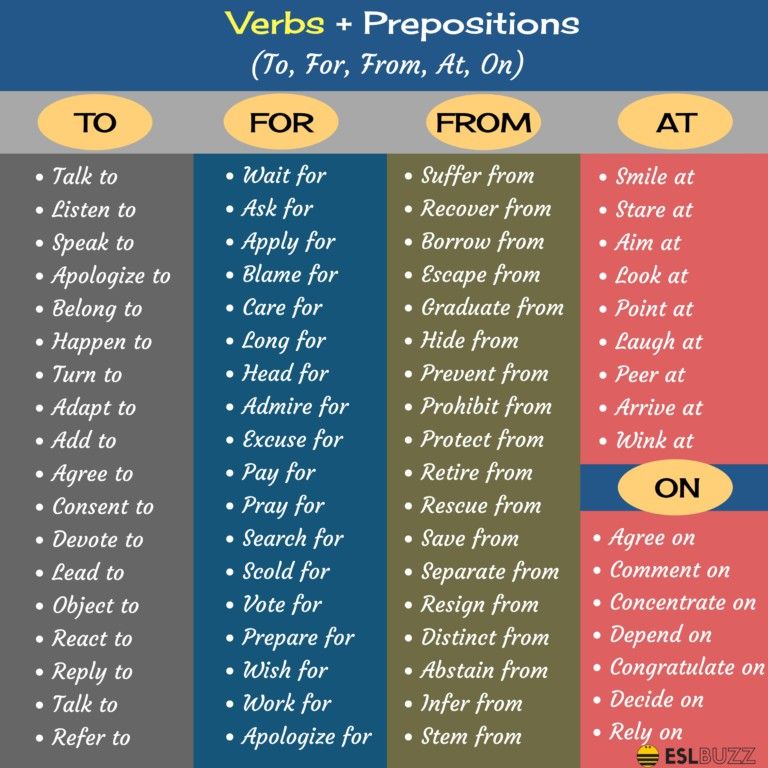 One of these innovations is project activity, which helps the younger generation to see the problems around them and adequately solve them, forcing the authorities to pay attention to these problems identified by teenagers under the strict guidance of adults. And help them solve these problems. But without the help of teachers, without the help of adults, children alone cannot cope with these problems. This master class will further help you understand how important project activities are, competently draw up a project and present it at any level. Project activities in school life will help the children in the future, when they become adults. The master class will first show you the actions of the teacher and students in the final phase, so that you have an example of what can be achieved in the lesson, and then we will follow all the stages of working with the project.
One of these innovations is project activity, which helps the younger generation to see the problems around them and adequately solve them, forcing the authorities to pay attention to these problems identified by teenagers under the strict guidance of adults. And help them solve these problems. But without the help of teachers, without the help of adults, children alone cannot cope with these problems. This master class will further help you understand how important project activities are, competently draw up a project and present it at any level. Project activities in school life will help the children in the future, when they become adults. The master class will first show you the actions of the teacher and students in the final phase, so that you have an example of what can be achieved in the lesson, and then we will follow all the stages of working with the project.
project method
The influence of chess on the improvement of mental processes and key competencies in children (educational training games) 2021
Author: Semina Nina Gennadievna
Purpose: to demonstrate, through chess problems and various exercises, how the game of chess affects the mental development of children.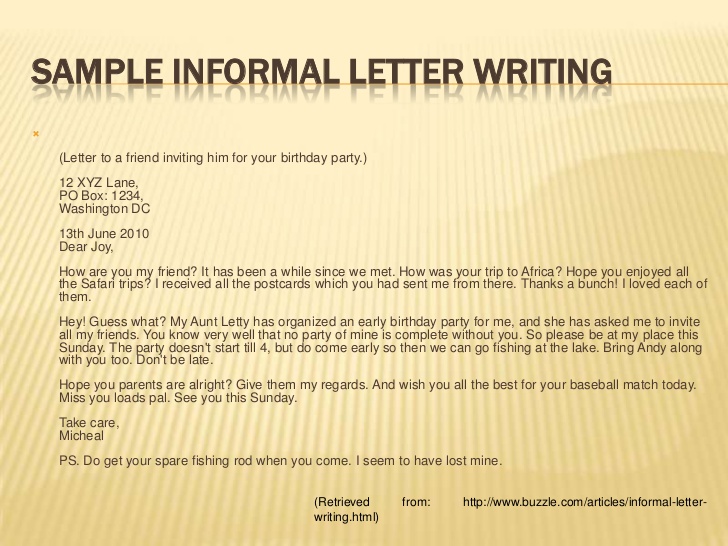
chess
Extracurricular and project activities as a means of educating a tolerant personality in an educational organization 2021
Author: Subrakova Olga Sergeevna
In order to prevent interethnic conflicts and strengthen interethnic ties, I suggest that my colleagues implement the project (extracurricular course) "Dialogue of Cultures". To implement this project, it is necessary to conduct a class survey in order to find out which ethnic groups study in this class, draw up a program for 35 hours (at your discretion), within which it is necessary to study the material, spiritual culture of the peoples who study in this class. The program can include national clothes, religion, cuisine. One of the classes may look like this: in 2016, I offered my students to bring a dish of their ethnic group. At the next lesson, everyone set the table together. Each student presented his dish, features of use, and then everyone sat down at the table together. The children were very pleased, many learned that the dishes that we consume in the diet belong to another ethnic group. At one table, national borders are erased, conflicts are forgotten.
The program can include national clothes, religion, cuisine. One of the classes may look like this: in 2016, I offered my students to bring a dish of their ethnic group. At the next lesson, everyone set the table together. Each student presented his dish, features of use, and then everyone sat down at the table together. The children were very pleased, many learned that the dishes that we consume in the diet belong to another ethnic group. At one table, national borders are erased, conflicts are forgotten.
tolerant attitude towards the individual, tolerance
Extracurricular activity "I am a reader". Theme of the lesson: "I compose haiku" 2019
Author: Skovorodina Tatyana Alexandrovna
During the New Year celebrations in Japan, haiku are composed to attract good luck, dedicated to the first snow in the new year or the first dream. I wish that our creativity will bring good luck to you too.
I wish that our creativity will bring good luck to you too.
Possibilities of imagotherapy in work with adolescents 2022
The authors: Belova Elena Aleksandrovna, Ebralidze Anzhela Petrovna
Such direction of art therapy as imagotherapy is gaining more and more popularity. Creative activities with teenagers using the possibilities of this method allow revealing their personal potential more deeply. Imagotherapy is the work of finding one's own positive image. And one of the important elements of this method is the embodiment of various images in the process of creating author's masks.
art therapy, imagotherapy
Vocal training in music lessons as a health-saving environment in an educational organization 2019
Author: Telnova Alla Vladimirovna
Every person who “works with his voice” should know that it is impossible to start singing without vocal training.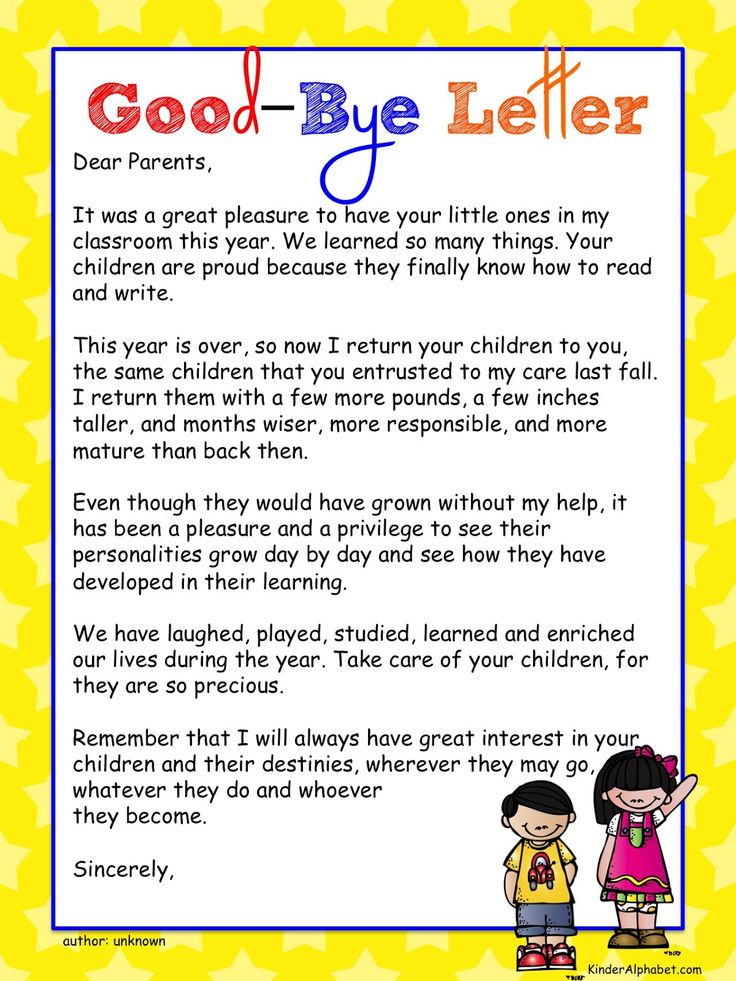 Before any singing, you need to do a warm-up - vocal exercises that will help the vocal cords tune in to the “right way” in every sense of the word. Therefore, vocal exercises are necessary for both small, novice singers and great masters. They allow you to learn how to breathe correctly, improve articulation and pronunciation, use all the capabilities of the vocal apparatus. Daily exercises will keep your voice beautiful and healthy for a long time, as well as get rid of many colds and improve the health of the body as a whole.
Before any singing, you need to do a warm-up - vocal exercises that will help the vocal cords tune in to the “right way” in every sense of the word. Therefore, vocal exercises are necessary for both small, novice singers and great masters. They allow you to learn how to breathe correctly, improve articulation and pronunciation, use all the capabilities of the vocal apparatus. Daily exercises will keep your voice beautiful and healthy for a long time, as well as get rid of many colds and improve the health of the body as a whole.
music, vocal exercises, exercise according to the system of V. Emelyanov, exercise according to the system of A. Strelnikova
Volunteer movement at school - the modern level of social education of schoolchildren 2021
Author: Ubylitsina Anna Andreevna
The volunteer movement is one of the effective and promising options for organizing work to promote a healthy lifestyle and responsible behavior among young people.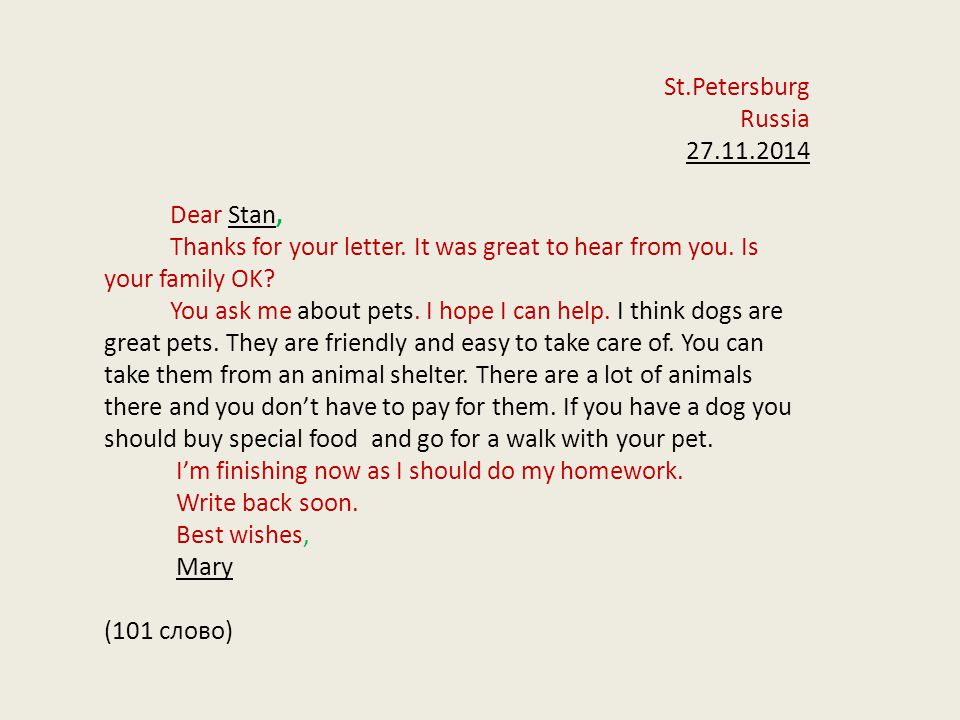 After all, it is easier for teenagers to understand their peers, and to those, in turn, entrust their problems and experiences and treat the information received from their peers with great confidence. The participation of students in the volunteer movement contributes to their professional socialization, personal and professional development, personal and professional development.
After all, it is easier for teenagers to understand their peers, and to those, in turn, entrust their problems and experiences and treat the information received from their peers with great confidence. The participation of students in the volunteer movement contributes to their professional socialization, personal and professional development, personal and professional development.
volunteer movement
Magical world of chess 2018
Author: Dokuchaeva Liliya Ivanovna
The master class is intended for teachers, leaders of chess sections. The material of the master class allows you to summarize and convey your experience on this issue by direct and commented showing the sequence of actions, methods, techniques and forms of pedagogical activity and demonstrate it through cooperation.
WORKSHOP "Compliance of the qualifications of teaching staff with the requirements of the Federal State Educational Standard of Education" 2019
Author: Kudryavtseva Zinnura Gaysanovna
Today we have a WORKSHOP - a workshop in which a study group of teachers helps everyone together become competent in determining the individual educational route of the teacher in accordance with the Professional Standard of the teacher.
fairy tale education 2020
Author: Tomlenova Irina Alexandrovna
Spiritual and moral education of students is a paramount task of the modern educational system and is an important component of the social order for education. A special place among the author's artistic tales is occupied by tales of V.A. Sukhomlinsky, which can be used when working with students in grades 1-4.
A special place among the author's artistic tales is occupied by tales of V.A. Sukhomlinsky, which can be used when working with students in grades 1-4.
story, extracurricular reading, spiritual and moral education
VPR is a piggy bank of solid knowledge. Master Class 2019
Author: Gainetdinova Guzel Salavatovna
Preparation for VPR is a systematized repetition of educational material that any teacher organizes, regardless of who and how conducts the final assessment, - says the head of the Center for Education Quality Assessment of the Institute for Education Development Strategy of the Russian Academy of Education.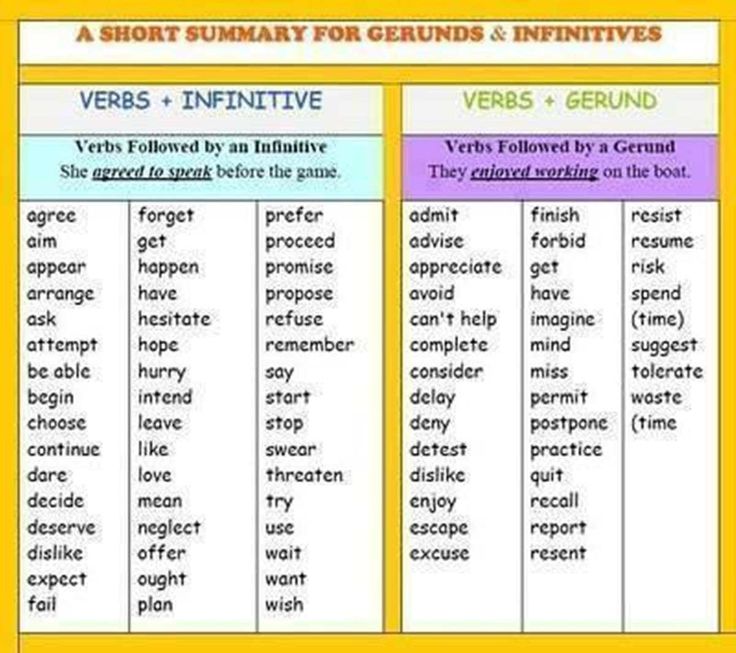 In no case should repetition be reduced to “training” for solving typical tasks from demo versions. The task of the teacher is to determine where the child has difficulties and eliminate them. It is also important to form in children the need to replenish and correct their knowledge. The experience of performing works of different formats will allow the student to be psychologically prepared for the VPR with any structure.
In no case should repetition be reduced to “training” for solving typical tasks from demo versions. The task of the teacher is to determine where the child has difficulties and eliminate them. It is also important to form in children the need to replenish and correct their knowledge. The experience of performing works of different formats will allow the student to be psychologically prepared for the VPR with any structure.
mathematics, VPR master class
Seasons in landscapes using non-traditional painting techniques 2019
The authors: Emelyanova Elena Nikolaevna, Zezyulya Natalya Viktorovna
A presentation on the topic "Seasons in landscapes using non-traditional drawing techniques" was presented.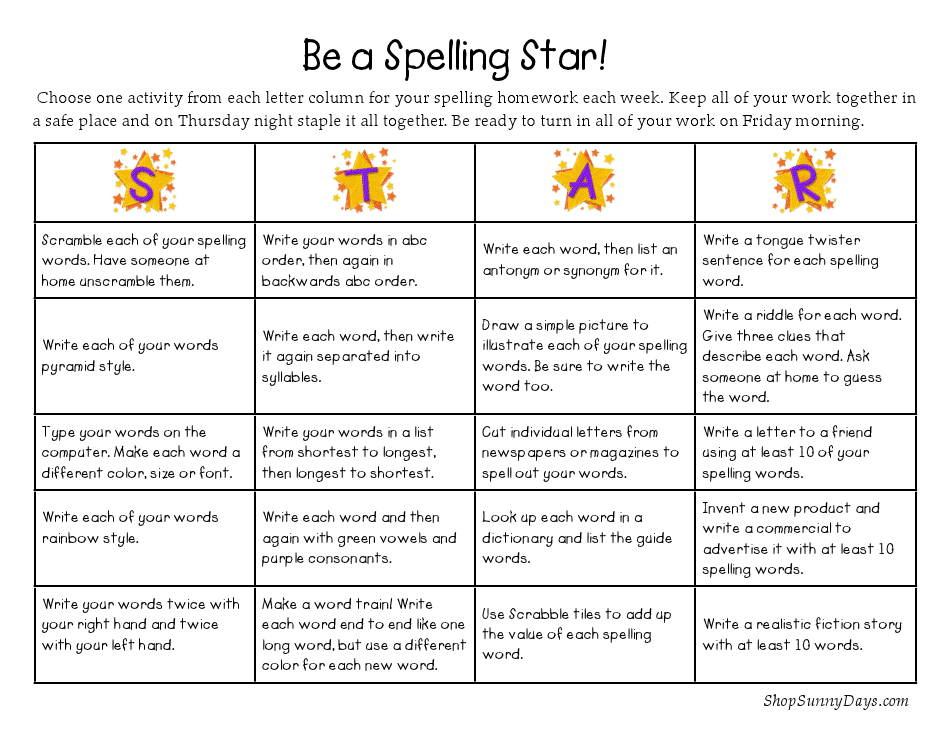
seasons, non-traditional drawing techniques, landscape
Vowels o, e after nouns hissing in suffixes. 6th grade 2022
Author: Lyasheva Galina Sergeevna
Lesson objectives: to form the ability to choose vowels O and E after nouns hissing in suffixes; to form the ability to determine the meaning of suffixes of nouns.
noun suffixes
"Greek gods".
 10th grade 2022
10th grade 2022 Author: Cheldieva Irina Khadzhumarovna
Lesson objectives: to create conditions for summarizing students' knowledge about the gods of ancient Greek myths, to improve students' listening and speaking skills.
English, Greek gods
Decembrists in literature, history and painting of the 19th century. Integrated space in the educational environment 2019
The authors: Korovina Irina Vyacheslavovna, Popova Irina Vladimirovna
The most important events of history, which are reflected in literary texts, teach the reader the ability to evaluate events and heroes, their decisions and actions, and contribute to the formation of a sense of personal responsibility for everything that happens around.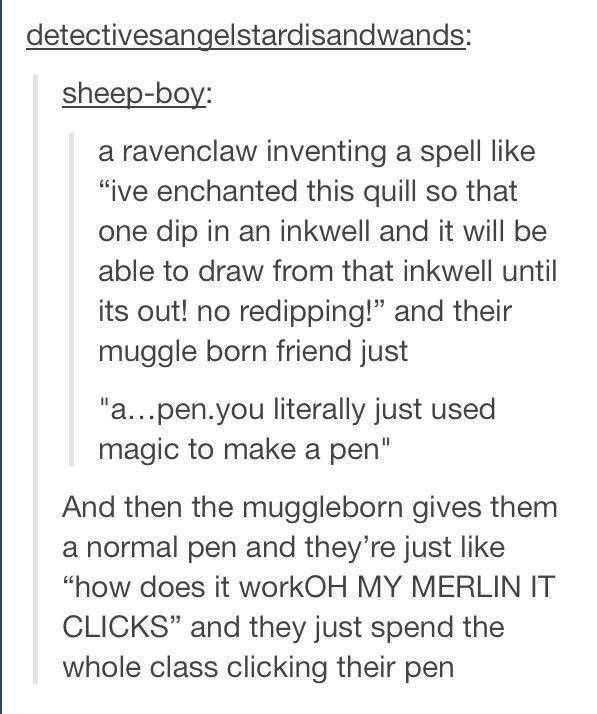 The heroic theme occupied an important place in the historical development of Russian literature. Its significance in the knowledge of the past of our country, in the patriotic education of the young generation is great.
The heroic theme occupied an important place in the historical development of Russian literature. Its significance in the knowledge of the past of our country, in the patriotic education of the young generation is great.
Business game for teachers (students, parents) "Oral interview as admission to the OGE" 2019
The authors: Pazynych Oksana Alexandrovna, Pisareva Marina Vladimirovna
The purpose of the business game: to acquaint the participants of the educational process with the oral interview procedure; to study the functions of each participant in an oral interview through a business game.
oral exam in the Russian language, admission to the OGE in grade 9, business game with teachers, business game with graduates 9classes, business game with parents
Business game with children on the formation of financial literacy 2022
Author: Chernukhina Oksana Nikolaevna
The game is aimed at the formation and strengthening of family values among high school students, at teaching them the skills of long-term forecasting of the results of their activities and the results associated with decision-making.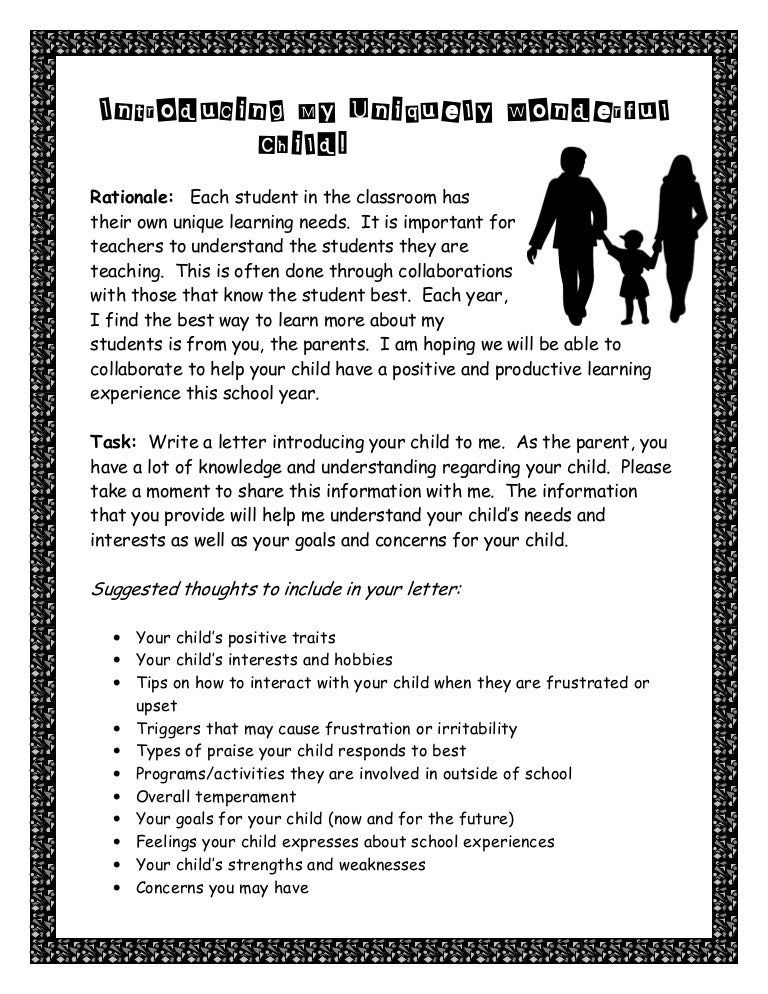 It is carried out as part of the general school subject of social science, and it is also possible to conduct it as part of any thematic event for extracurricular activities.
It is carried out as part of the general school subject of social science, and it is also possible to conduct it as part of any thematic event for extracurricular activities.
business game, financial literacy
National Unity Day 2018
The authors: Kozlova Victoria Vladimirovna, Sedova Victoria Vladimirovna
It is impossible to bring up a cultural, spiritually rich person, a citizen of his country without relying on the history, culture, customs and traditions of the people and the state. Such holidays must be held in schools. Their implementation is preceded by a lot of work with historical material, its selection, project activities, competitions, quizzes, olympiads; and as a result - a holiday.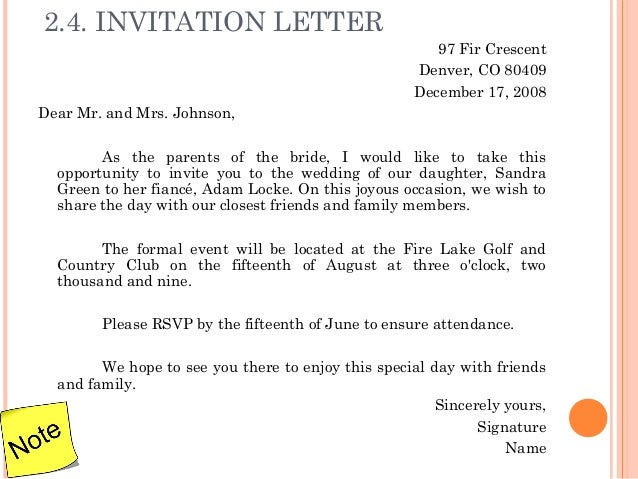
Dialogue of epochs: J.S. Bach and modernity. Gospel stories and the Well-Tempered Clavier by Johann Sebastian Bach 2020
Author: Chagarovsky Oleg Anatolyevich
Preludes and fugues are the highest expression of Bach's polyphonic writing in music for the clavier. This is the unity of two plays, a kind of "small cycle". In the prelude, most often there was no stated theme, and the movement went in waves, as if centrifugally, from beginning to end. This ongoing, “current” formation of the image can be likened to a reflection in a river. In contrast to this method, the fugue focuses on the theme as the grain of the image, and repeatedly conducts it. The image appears as a single, but more clearly defined, as if covered in volume, from different sides.

